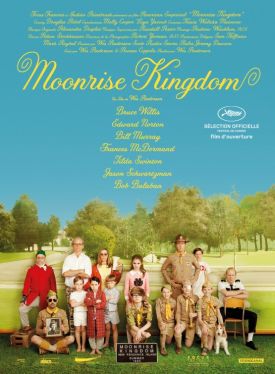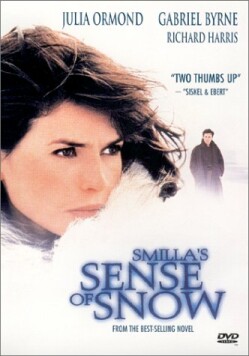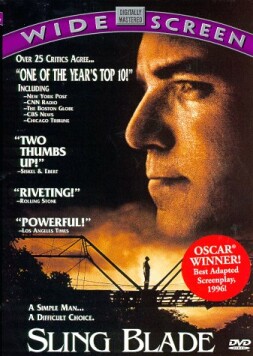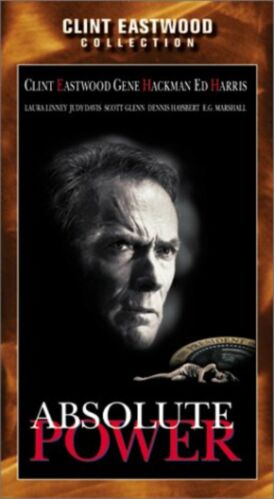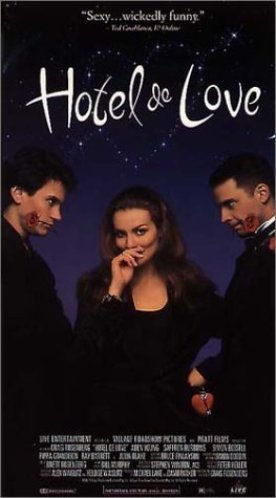Moonrise Kingdom
Wes Anderson makes whimsical movies about unusual families made up of eccentric adults and precocious children who live in a special world of their own. This world is unpredictably like our own, but it is mostly unlike it. The way in which it is most unlike our world lies in the protection and preservation it gives to innocence beyond all natural boundaries as we know them. All this is of course no news. But Mr Anderson’s latest movie, Moonrise Kingdom, is distinguished from such predecessors as Rushmore or The Royal Tenenbaums by what might seem its ambitious attempt to fit the template of a Wes Anderson world of innocence and wonder over the world as it really is. Or rather was. For the fanciful element in the Anderson formula would hardly match-up well against any actual period of human history except the fantastical, psychedelic 1960s — which is, accordingly, where and when the extraordinary events of Moonrise Kingdom are set.
For those of you who were not there, this was a period in which it was common for children to pretend to be adults and adults to pretend to be children — and yet, paradoxically, when the “gap” between the generations was said to have become a chasm. It also seemed possible to large numbers of people — more possible, perhaps, to more people than at any other time in history — to reinvent the world as a place congenial to childish romance. Peace and love was how they put it at the time. This is what Mr Anderson is remembering, I think, when he sets his film in the summer of 1965, a few months before the Beach Boys recorded the hit of 1966 of which his movie is a kind of dramatization.
Wouldn’t it be nice if we were older?
Then we wouldn’t have to wait so long
And wouldn’t it be nice to live together
In the kind of world where we belong. . .
They could have been singing for Sam (Jared Gilman) and Suzy (Kara Hayward), both aged approximately 12, who meet at a performance of Benjamin Britten’s opera of 1957, “Noye’s Fludde,” presented at a church on the island (Penzance) where Suzy lives with her (inevitably) highly eccentric parents, a couple of lawyers played by Bill Murray and Frances McDormand, and where Sam, an orphan, comes to summer camp with the “Khaki Scouts.” The two children, having corresponded as “pen pals” for a year after their meeting, have now decided to run away together.
We could be mar-ried,
And then we’d be hap-py,
Wouldn’t it be nice?
The odd thing — though it’s not really so odd as it seems — about the ache of longing in both the Beach Boys’ song and Moonrise Kingdom is that the height of its aspiration is so resolutely earth-bound and, to use a word that was popular at the time, so bourgeois. The image of marriage as the ultimate symbol of human felicity was something that might have seemed, in the revolutionary 1950s, to have gone out with the Victorian novel, and yet here it was again among a lot of young people who, like Suzy and Sam, wanted to grow up fast — rather than not growing up at all, as young people today seem more often to prefer. There is a similar thing going on now with the agitation for gay “marriage.” Being sentimental about matrimony appears to socially marginal homosexuals the way back into the mainstream, just as it once appeared to (some) socially marginal young people in the 1960s like Sam and Suzy.
Wes Anderson’s is a fresh approach to the mythologization of that much-mythologized era, and there are many delightfully funny moments along the way — though I think he could have done without some of the portentous imagery of flood and hurricane that was admittedly part of the sixties’ apocalypticism. Unfortunately, in Moonrise Kingdom the promise of its ambition is not realized and its director’s penchant for whimsy is indulged pretty much for its own sake. Any connection with the world as we know it today, as opposed to “the kind of world where [Sam and Suzy] belong,” is pretty obscure, at least to this reviewer.
There is one line that stands out, however. When the rather dull Captain Sharp of the Penzance police, played by Bruce Willis, takes Sam into custody, he says to him: “Even smart kids stick their fingers in electrical sockets sometimes. It takes time to figure things out.” The implied rebuke to childish precocity sits oddly with the indulgence it receives elsewhere, just as it does in Rushmore, but here it is not borne out in the rest of the picture and is too brief a moment to balance against all the rest of the movie — weighed down, as it were, by its own feather-lightness.
Discover more from James Bowman
Subscribe to get the latest posts to your email.

